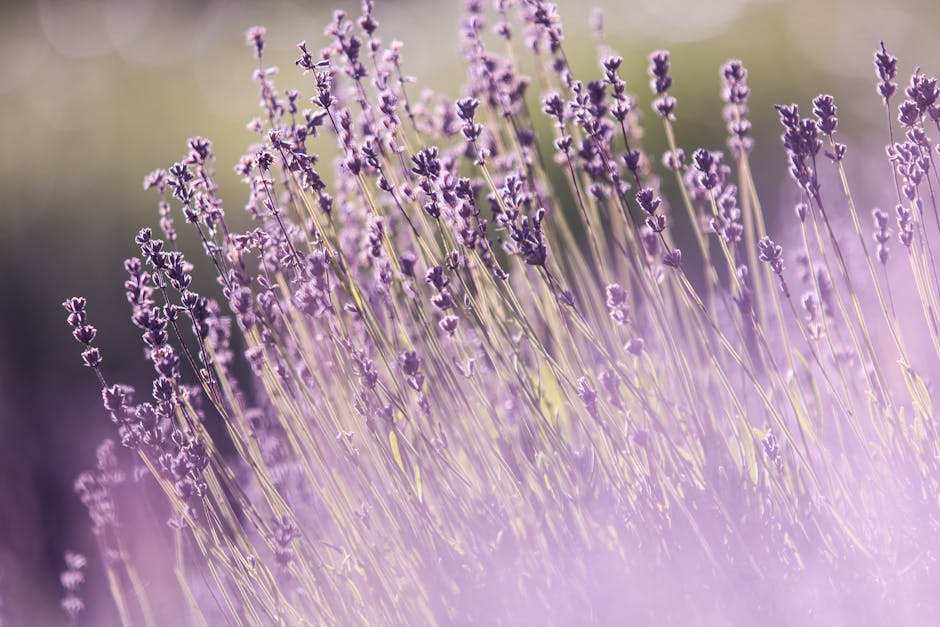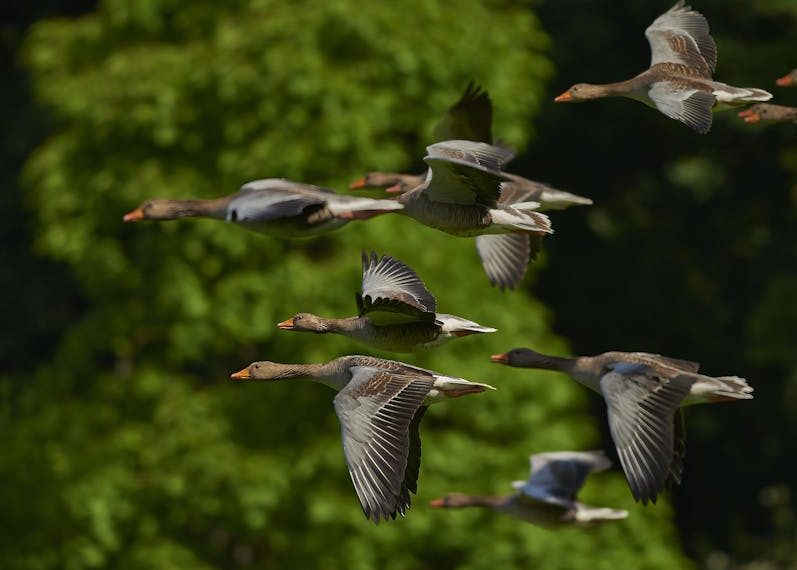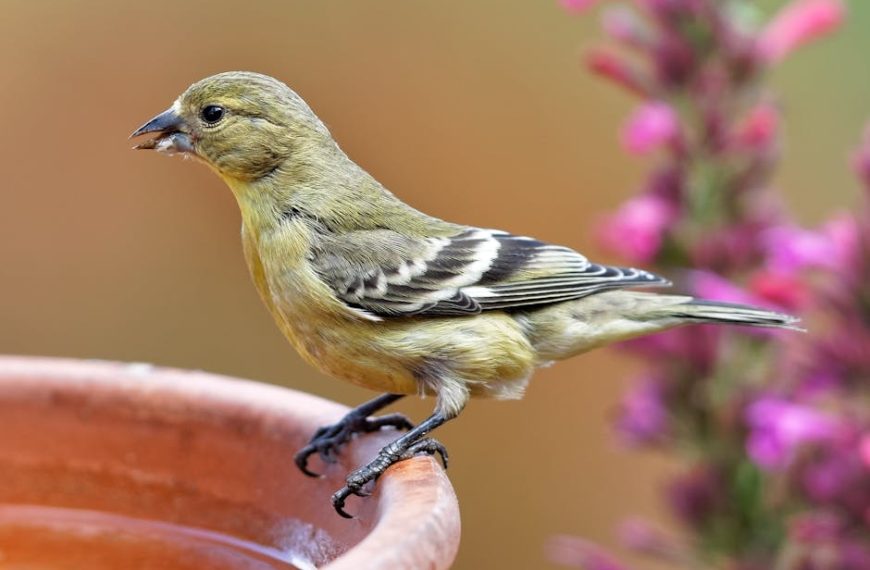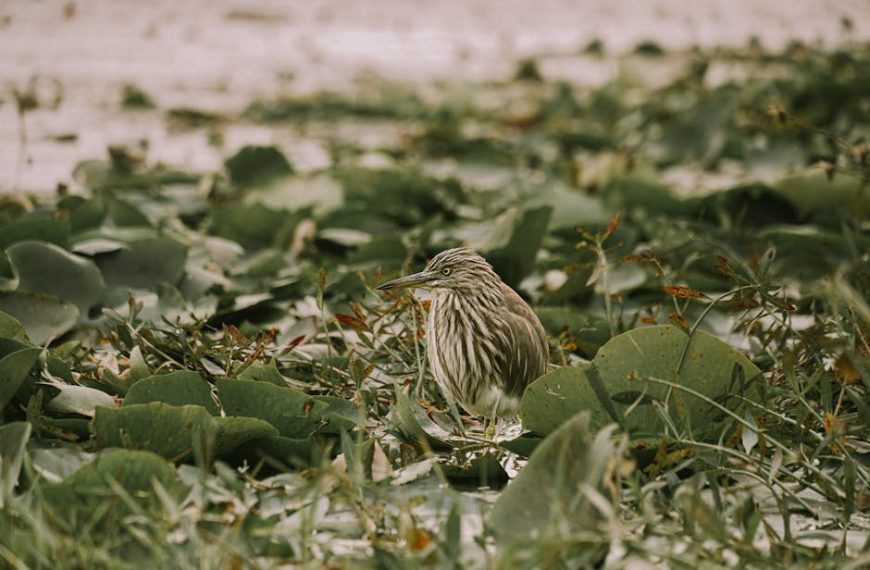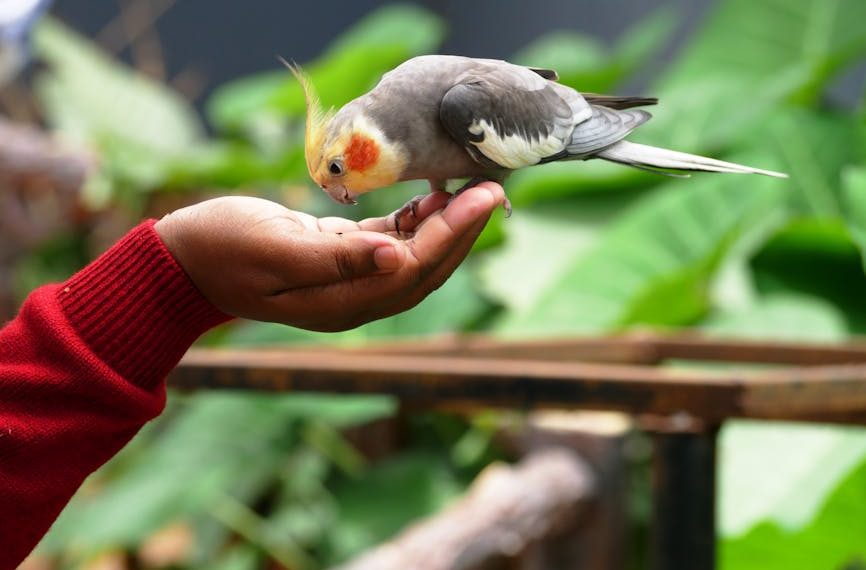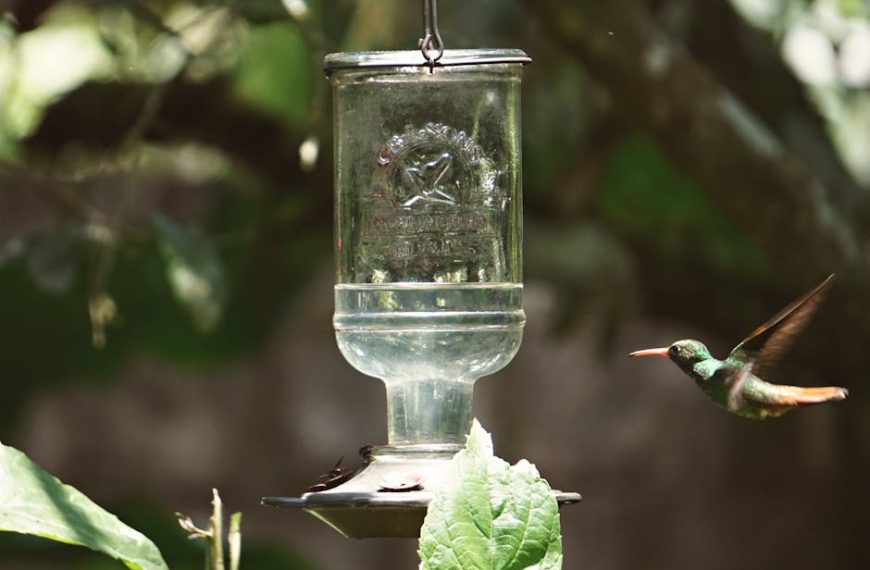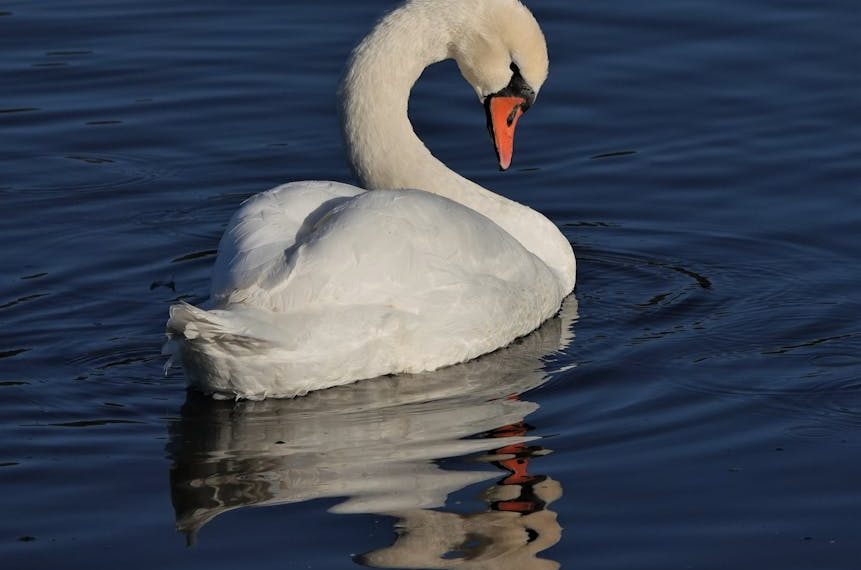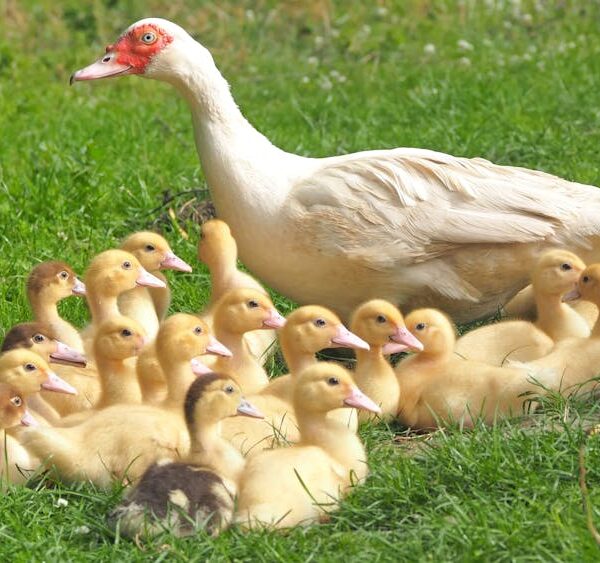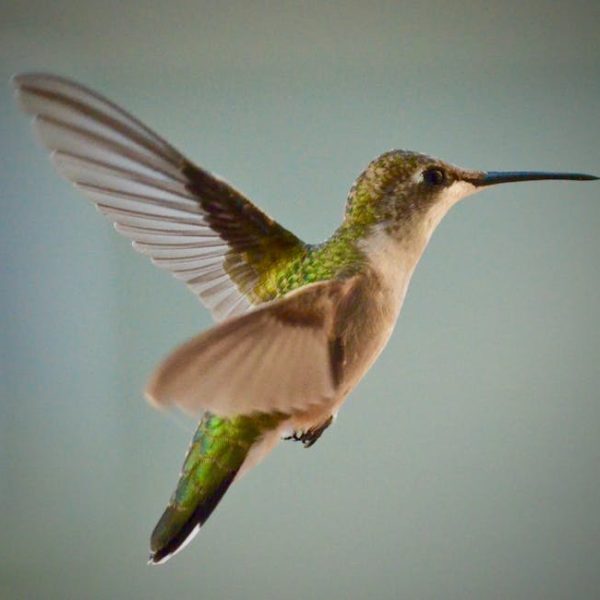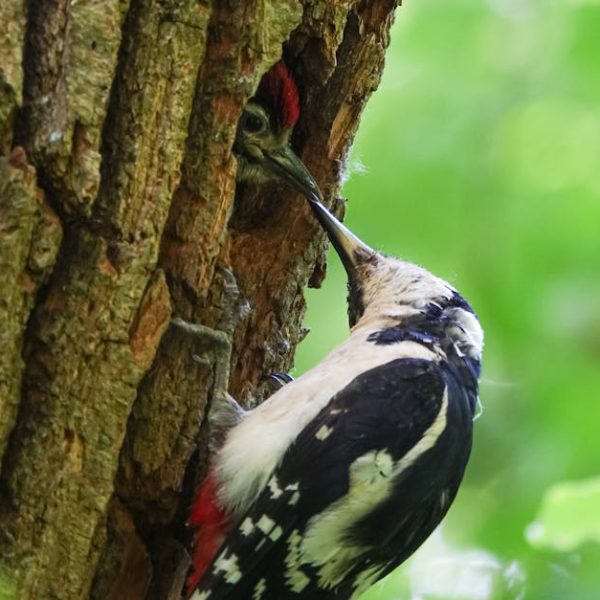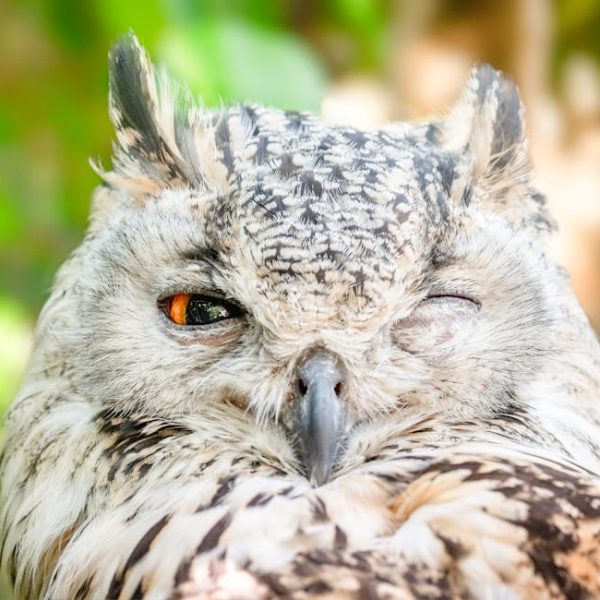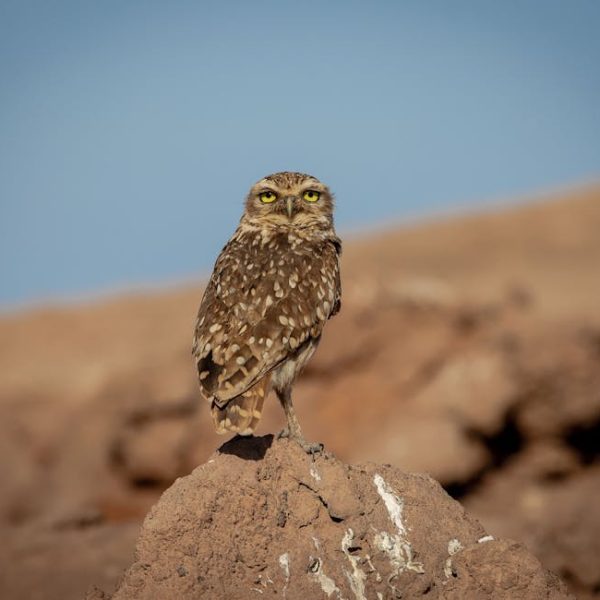Birds are beloved companions, their vibrant colors, unique behaviors, and varied personalities captivating our hearts. Naturally, as custodians of these beautiful creatures, we desire to provide the best lifestyle for them–from dietary needs to the air they breathe, which brings us to the topic of lavender and its safety for our feathered friends.
Lavender, a member of the mint family, is adored for its captivating scent and has found numerous uses, from perfumes to essential oils. In humans, lavender is lauded for its calming and soothing properties. However, these same traits we appreciate can present distinctive concerns for birds.
When it comes to birds, especially parrots, their reaction to lavender and other essential oils can vary significantly. Some birds might not be phased, while others may show signs of distress or discomfort after exposure. These signals might include respiratory distress, changes in behavior, loss of appetite, or lethargy. Birds’ propensity towards masking symptoms complicates this further, making it crucial for bird owners to keenly observe any subtle changes.
Pro tip: Birds often hide their illnesses, so you’ll need to pay close attention to potential symptoms. If you notice any change after introducing lavender into their environment, it’d be wise to remove the source immediately.
Understanding Essential Oils and Birds
Essential oils are highly concentrated plant extracts, bearing the aroma and therapeutic properties of their base plant. They’ve gained popularity for their array of applications, from aromatherapy to natural remedies. However, for birds, it’s a different ball game altogether.
Birds have highly efficient respiratory systems designed to support their high metabolic rate and their need for flight. Their respiratory process, however, renders them more susceptible to airborne particles, including those from essential oils.
Compared to other essential oils, lavender seems to be better tolerated by some birds. But that’s not a blanket rule, and using it safely requires moderation and continuous observation.
Checklist for Safe Use of Essential Oils
- Always opt for pure, therapeutic-grade oils; avoid synthetic counterparts that might carry harmful chemicals.
- Use a diffuser designed for essential oils to regulate the distribution of oil particles.
- Keep the concentration of essential oils to a minimum; a couple of drops should suffice.
- Make sure the room is well ventilated to prevent overconcentration of the oil particles.
The Specific Case of Parrots and Lavender
Parrots, with their exotic charm and intelligence, often carry a higher susceptibility to lavender and other essential oils. Due to their longer lifespan and larger body size, they also tend to accumulate toxins, increasing the potential for adverse reactions.
Lavender can impact parrots in multiple ways, including respiratory issues, changes in behavior, allergic reactions, or even toxicity in extreme cases. As such, it’s essential to introduce lavender with caution and monitor your parrot for any changes.
Best Practice: When introducing lavender around parrots, start with a short exposure period and from a distance. Gradually increase the exposure duration, giving your bird time to adjust while you observe their reaction.
With this in mind, let’s explore if there are other alternatives to lavender for birds and why such needs may arise.
Alternative Options to Lavender for Birds
Even though lavender may not affect all birds adversely, it’s understandable that some bird owners prefer to err on the side of caution. After all, just because some birds are okay with lavender doesn’t mean yours will be. So what alternatives are there for creating a pleasant environment for your bird without the use of lavender or other essential oils?
Scent-free options can be an excellent choice. Using air purifiers, for example, can clean the air without introducing oils or synthetic particles. You could also consider other bird-friendly scents such as fresh mint or eucalyptus leaves which are generally well tolerated.
Alternatively, you could opt for other essential oils as long as you follow the best practice of cautious introduction and continuous observation. However, remember that each bird is unique; what may be safe for one, might not be for another.
Pro Tip: To safely incorporate scent into your bird’s environment, try placing fresh herbs like mint, basil, or dill near their cage. Not only will it add a pleasant smell to your space, but it may also provide enrichment for your bird.
Consulting with a Veterinarian
Before introducing new substances into your bird’s environment, including essential oils, you should always consult with your veterinarian. They can provide vital information about potential risks and help create a safer plan for your bird’s exposure to these substances.
When discussing your bird’s health and lifestyle with your vet, remember to mention any new behaviors or changes in appetite. Ensuring your vet has a thorough understanding of your bird’s normal behavior will better assist them in recognizing potential problems.
Checklist for Vet Visit:
- List of substances used around your bird, including cleaning products.
- Detailed behavior log, including any changes in mood, appetite, or physical health.
- List of questions you have, no matter how minor they may seem.
Keeping a regular check on your bird’s health after introducing lavender is equally important. Maintain regular communication with your vet regarding any changes observed in your bird. If you see any signs of distress, act promptly and consult with your vet.
Ultimately, your bird’s wellbeing should be a priority. It’s not just about whether lavender is safe for birds or not, but how well it’s working for your specific bird. By staying informed and attentive, you can create a safer and happier environment for your feathery companion.
Key Takeaway:
- Birds’ reactions to lavender and essential oils vary; observant monitoring for signs of discomfort or distress is vital.
- Essential oils, including lavender, can have a more pronounced effect on birds due to their highly efficient respiratory systems.
- Parrots may be particularly sensitive to essential oils and require careful introduction and observation.
- Seeking advice from a vet prior to introducing new substances, such as lavender, into a bird’s environment is strongly encouraged.
- Alternatives to lavender and essential oils, such as scent-free options or fresh herbs, may be considered for those who prefer exercising caution.
While the use of lavender around birds demands careful consideration and observation, with proper knowledge and precautions, it’s manageable. A key aspect is staying informed and attentive to your bird’s behavior changes. Remember, the health and wellbeing of your feathery friends should always be a top priority.
FAQs
Q: If my bird seems unaffected by lavender, can it still be harmful in the long run?
A: While some birds may not demonstrate visible discomfort, it’s possible for long-term effects to occur due to toxin accumulation, especially in parrots. It’s best to use lavender in moderation and continue monitoring your bird over time.
Q: Are there other essential oils which are safer for birds than lavender?
A: Safety largely depends on individual birds’ tolerance to essential oils. However, due to complexity and potential risks, it’s advised to consult with a vet before introducing any new essential oils to your bird’s environment.
Q: How soon after introducing lavender should I expect to see changes in my bird if it’s affected?
A: Responses can vary, but signs of discomfort or distress can occur as early as a few hours after exposure. Monitor your bird closely whenever introducing new substances into its environment.
Q: Can lavender essential oil be harmful to other pets besides birds?
A: Different pets have different tolerance levels. While some may be unaffected by lavender, others could experience adverse reactions. Always research and consult with a vet before using essential oils around any pet.
Q: Besides fresh herbs, what other scent-free options can make my bird’s environment pleasant?
A: Using air purifiers can help maintain a clean, fresh environment for your bird without the need for scents.
Remember, sharing knowledge contributes to a happier and safer world for our feathered friends. If you found this article helpful, feel free to share it and explore more pet-care posts on our website.
